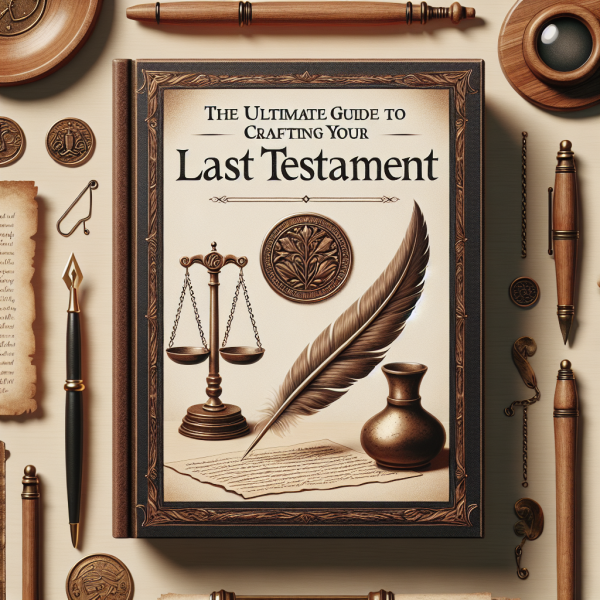
Navigating Through Legacy Planning
Estate planning, a crucial aspect of managing your financial health, primarily focuses on defining a clear path for wealth distribution after one's demise. It offers peace of mind, ensuring that inheritance proceeds as planned, benefiting the intended recipients rather than getting entangled in legal processes. This proactive approach not only aids in minimizing taxes and avoiding probate but also in addressing any complex family dynamics or specific wishes someone might have regarding their assets. Below is a distilled guide highlighting ten pivotal elements to consider when orchestrating your estate planning journey.

A Smart Approach to Managing Estate Taxes
Estate tax, often termed as the "death tax" by critics, is a tax on the transfer of the estate of a deceased person. As of 2023, the federal estate tax applies to estates exceeding $12.06 million for individuals and $24.12 million for married couples, with any value above these thresholds subject to a 40% tax rate. However, estate taxes can be efficiently managed or minimized through strategic planning, involving gifting, trusts, and other legal structures. This guide aims to provide a concise overview of practical strategies to deal with estate taxes and ensure the preservation of assets for future generations.

Smart Tips for Naming Estate Plan Beneficiaries
Estate planning is a crucial step in managing your financial legacy and ensuring your assets are distributed according to your wishes. Naming beneficiaries in your estate plan is not only about distributing your assets but also about providing for your loved ones and potentially saving them from complicated legal processes. It involves careful consideration and understanding of how each decision can impact your estate and your heirs. This guide provides key tips to help you make informed decisions when selecting beneficiaries for your estate plan.

Understanding Trusts: A Key Component in Effective Estate Planning
Estate planning is an essential process that helps individuals manage their assets and wishes in the event of their passing or incapacity. Within this realm, trusts stand out as a powerful tool offering flexibility, privacy, and potentially significant tax benefits. Essentially, a trust is a fiduciary arrangement that allows a third party, or trustee, to hold assets on behalf of a beneficiary or beneficiaries. Understanding the different types of trusts and their specific applications can empower individuals to make informed decisions that align with their estate planning goals.

The Ultimate Guide to Crafting your Last Testament
Estate planning and drafting a last will are crucial steps in ensuring your assets are distributed according to your wishes after your passing. A well-structured will can provide peace of mind for you and your loved ones, alleviating potential disputes and legal complications. It's not just for the wealthy; everyone with assets, no matter how small, should consider having one. This guide aims to highlight the top 10 essential aspects of creating a will, making the process clearer and more straightforward.